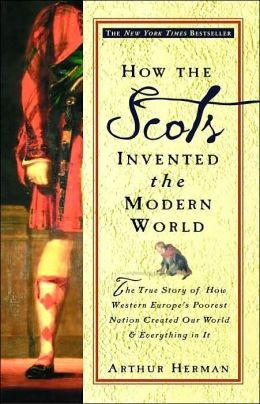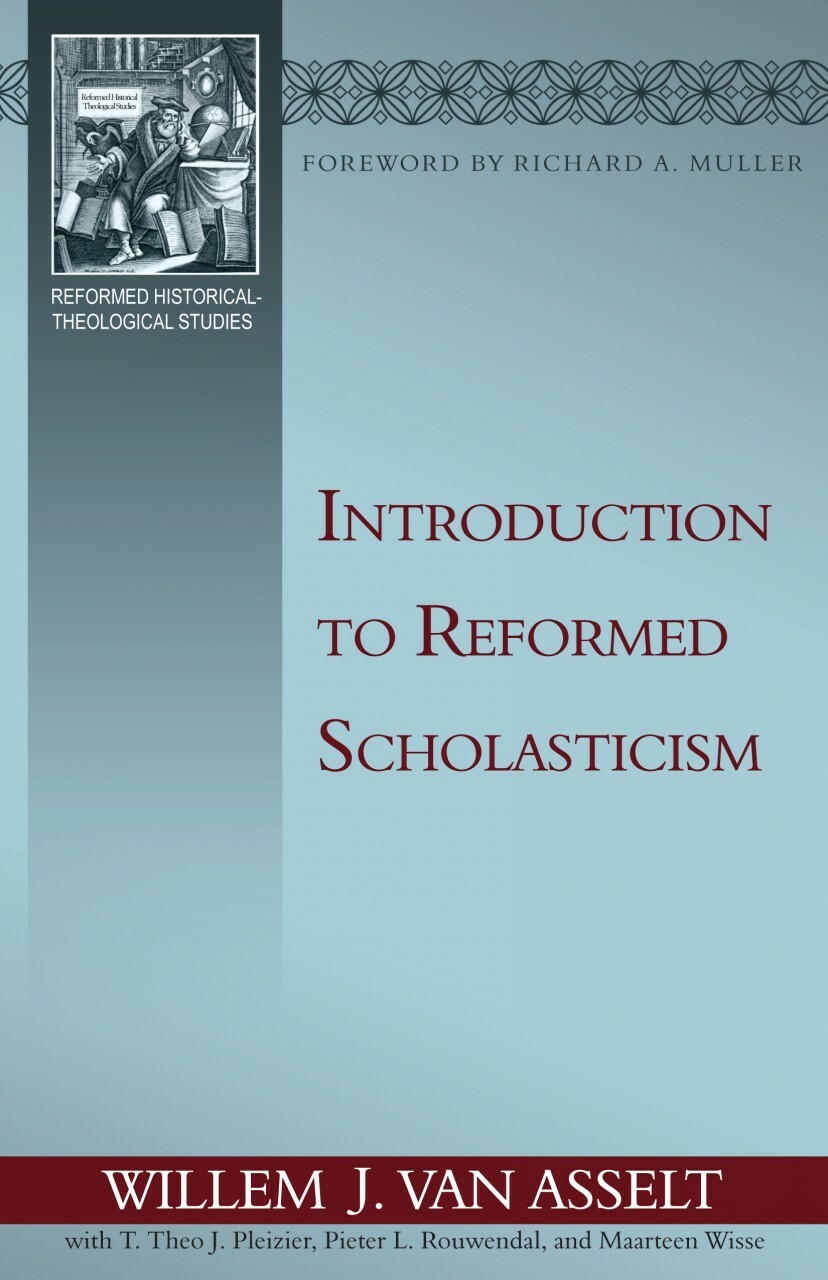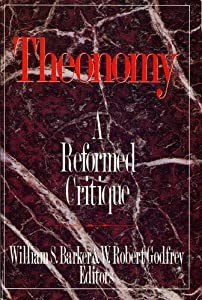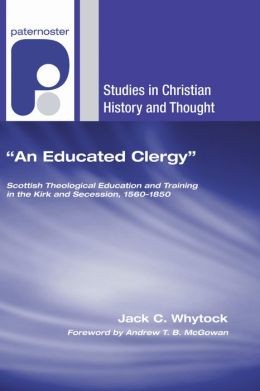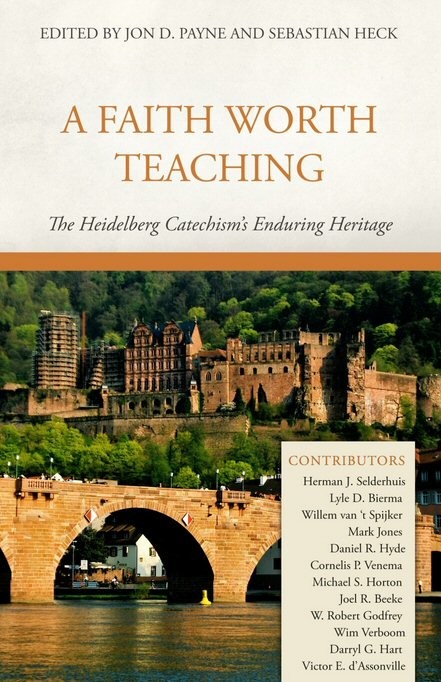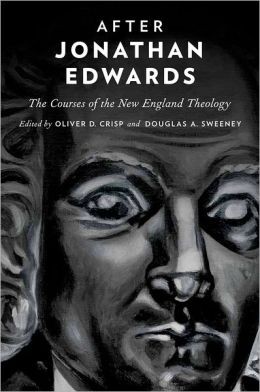Book Briefs
May 1, 2013Arthur Herman. How the Scots Invented the Modern World: The True Story of How Western Europe’s Poorest Nation Created Our World and Everything in It (Three Rivers Press, 2001). Written in the same vein as How The Irish Saved Civilization, this book focuses on 18th century Scotland and the influence of those Scots in the Western world. From Hume to Hutcheson to Lord Kames to Adam Smith, the Scottish Enlightenment shaped our world more than most people realize. Herman has written an accessible and well told narrative of the most important events and most important Scots in the early modern period. I especially enjoyed the two chapters on Bonnie Prince Charlie and the Rebellion of 1745–fascinating history that most Americans know nothing about.
Willem J. Van Asselt. Introduction to Reformed Scholasticism (Reformation Heritage Books, 2011). Get this book, especially if you are Reformed, and especially if you are a Reformed pastor. At 250 pages, you won’t find a better introduction to the subject–a subject about which most Reformed Christians and pastors are largely ignorant. The important thesis of this book–and it is very much in the Richard Muller school of thought–is that “scholastic refers above all to method, without direct implications for content” (8). So Reformed Scholasticism is about orthodox Reformed theology (i.e., that which coheres with the Reformed confessions) explained and defended using the particular form scholastic method. For my money, the most important chapters were the ones tracing the development of Early Orthodoxy (1560-1620), High Orthodoxy (1620-1700), and Late Orthodoxy (1700-1790), with representative examples from each time period (Franciscus Junius, Francis Turretin, and Benedict Pictet respectively).
William S. Barker and W. Robert Godfrey, eds. Theonomy: A Reformed Critique (Zondervan 1990). It’s hard to find a competent critique of theonomy. This out of print book–with chapters from the likes of Waltke, Frame, Poythress, Gaffin, and Keller–is one of the few resources worth getting. I found Tremper Longman’s chapter on penology, Godfrey’s chapter on Calvin, and Sinclair Ferguson’s chapter on the Westminster Assembly especially helpful.
Jack C. Whytock. An Educated Clergy: Scottish Theological Education and Training in the Kirk and Secession, 1560-1850 (Wipf and Stock, 2008). The title tells you what you need to know. If you are not particularly interested in Scottish theological education from 1560-1850 this book ain’t gonna float your boat. But if you need to know something in this subject area, you’ll be mighty thankful for the excellent research and documentation Whytock has provided. A critical piece of scholarship for specialists in the field.
Jon D. Payne and Sebastian Heck, eds. A Faith Worth Teaching: The Heidelberg Catechism’s Enduring Heritage (Reformation Heritage Books, 2013). This new release is a handsome hardcover with an excellent line up of scholars, including Lyle Bierma, Mark Jones, Danny Hyde, Cornelis Venema, Mike Horton, and Joel Beeke. Here’s my blurb: “This is a wonderful collection of articles, both practical and scholarly. There is much here to help us understand the history, the theology, and the continuing relevance of the Heidelberg Catechism. As we preach through the Heidelberg in our church, I will certainly consult this book often. It prompted me to think again and again, ‘Isn’t the Catechism remarkable!’ and, more importantly, ‘Isn’t the gospel amazing!'”
Sam Storms. Kingdom Come: The Amillennial Alternative (Mentor, 2013). I’m really excited about this book and grateful to Sam for the years he put in to this significant volume. Here’s what I say on the back cover: “This is a remarkable book which will surely become the standard bearer for Amillennialism for years to some. This is a book I will return to many times in my personal study and in pastoral ministry. Storms has given us a model for accessible, relevant, warm-hearted scholarship in service of the church.”
Oliver D. Crisp and Douglas A. Sweeney. After Jonathan Edwards: The Courses of the New England Theology (Oxford University Press, 2012). Yes, I know, another meaty book on Jonathan Edwards. But this one, like many other recent volumes, is a good one. Three chapters stood out to me. I continue to find Mark Noll’s insistence that Edwards was the good guy that later Presbyterian bad guys ignored or dismissed to be overwrought. I found Darryl Hart’s chapter on Edwards and the Young, Restless, and Reformed to be more balanced than I might have expected, with a healthy does of caution that Edward’s soaring theology tends not to mesh well with popular forms of evangelicalism. And finally, I found Paul Helm’s chapter comparing Edwardsianism with older forms of Reformed thought to be a much needed essay for those who only know Reformed theology through the lens of the great, and sometimes peculiar, theologian from Northampton.
This content was originally published on The Gospel Coalition
